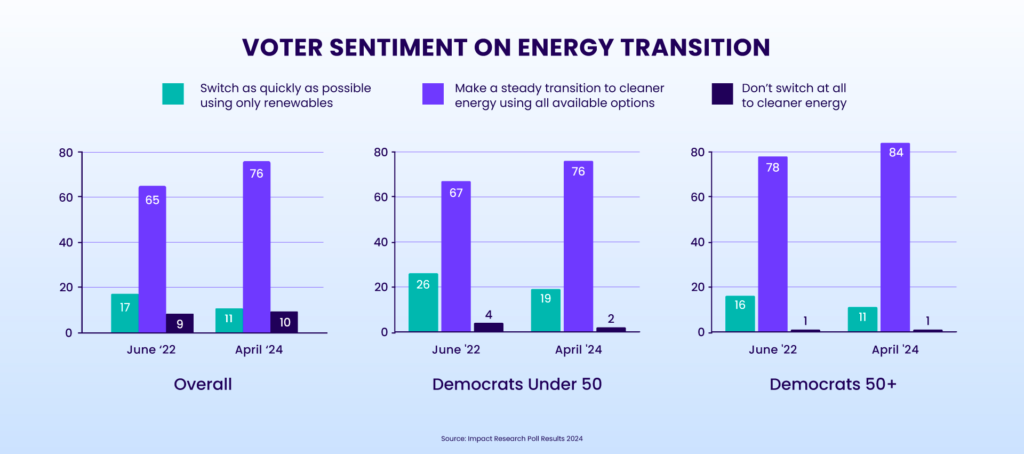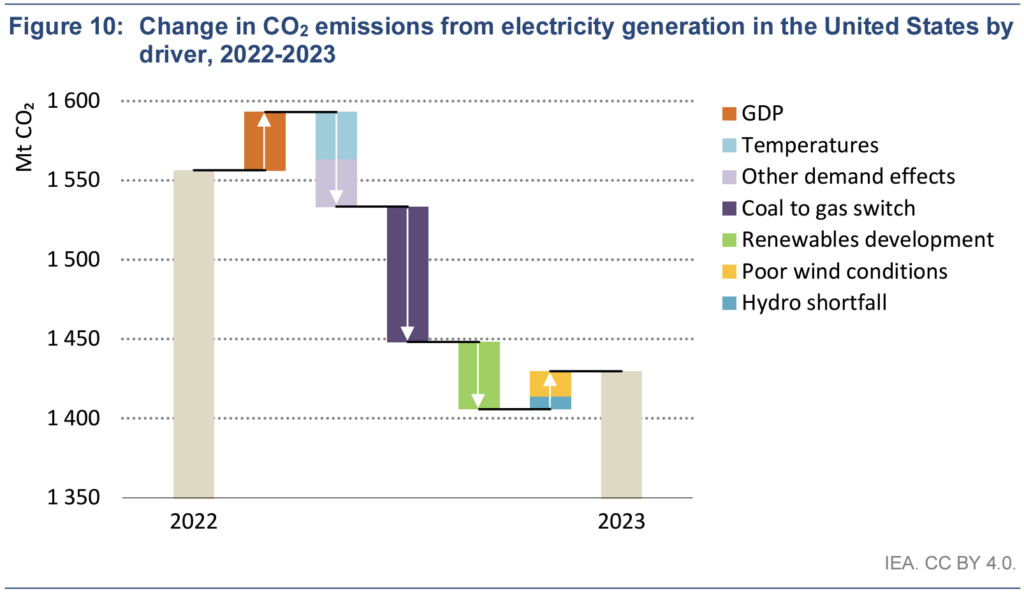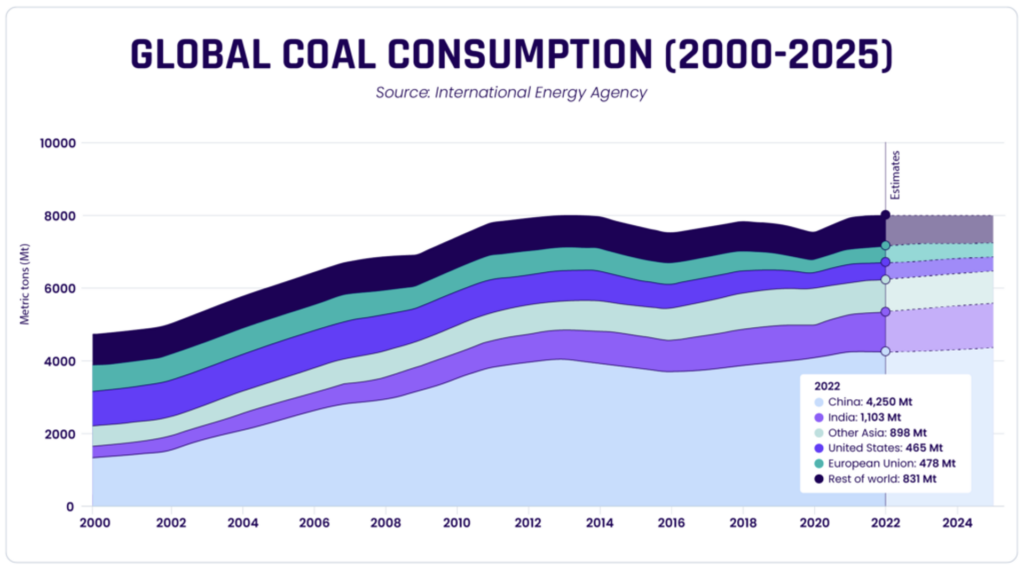New poll finds that nearly 70% of voters support increasing natural gas production
There is a broad consensus that voters want natural gas to be part of a steady transition to clean energy
Among a number of pressing issues, this November American voters will decide on the direction of energy and climate policy for years to come. Over the past three plus years, the Biden Administration and Congress have pursued a climate agenda that prioritized reducing emissions. Yet Democratic policymakers have shied away from publicly supporting the primary driver behind U.S. emissions reductions – natural gas – for fear of alienating voters.
The reality is voters across party lines overwhelmingly want natural gas to play a role in the energy transition. That’s what a new nationwide poll conducted by Democratic polling firm Impact Research and commissioned by the Partnership to Address Global Emissions (PAGE) found. Ahead of the upcoming election, climate-minded candidates would be wise to consider where voters stand on natural gas as an energy and climate solution.
The poll found that voters are increasingly pragmatic about the energy transition, as 76% of voters and 80% of Democrats want the country to steadily transition to clean energy by using all options currently available to keep energy affordable and reliable. The appeal of this approach is growing rapidly, with support for a steady transition climbing 11 percentage points today compared to 2022.

But what do Americans mean by a “steady” transition? The poll overwhelmingly shows that voters want the steady transition to feature natural gas.
Nearly 70% of voters are in favor of increasing natural gas production, including majorities of Democrats (59%) and Independents (63%).
Moderate Democratic support for increased production has progressed the most, with net support growing 10 percentage points since 2022. Natural gas, only slightly behind renewables, such as solar (84%) and wind energy (78%), is the top energy source voters want to see used more, with 67% in favor of increased usage.
Widespread support for natural gas also extends to exporting the fuel to our allies. More than half of all voters (58%) and Democrats (63%) say it’s important to support our allies by providing reliable energy exports of natural gas. In the same vein, there is net support (+12 overall / +13 Democrats) for increasing the exportation of American-produced natural gas to allied nations.
This support for natural gas is driven by reliability and affordability being top of mind for voters. Reducing energy costs is a top priority for a majority of voters across party lines, including 62% of moderate Democrats and 58% of Independents. Additionally, nearly 60% of voters believe that strengthening U.S. energy independence is vital for energy policy.
The results are clear: Democrats must be willing to meet voters where they are on climate solutions, which include natural gas. Recent history suggests that failing to balance emissions with affordability and reliability hurts Democrats at the polls. For example, Democrats suffered historic election losses following the unsuccessful cap-and-trade bill of 2010. It was nearly a decade following those votes before a majority of voters supported ambitious climate legislation.
By aligning with the majority of voters and advocating for reliable, affordable, and clean energy, our leaders can better position themselves to drive a successful long-term energy transition that reduces emissions, creates jobs, and strengthens the economy.

